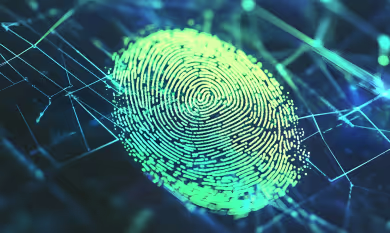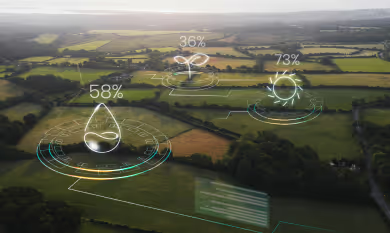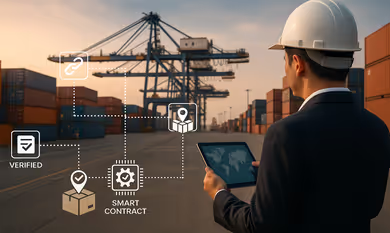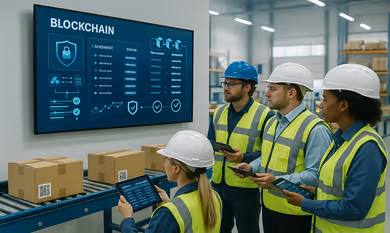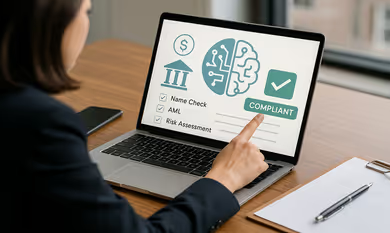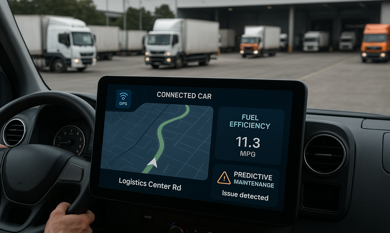Governments around the world are under increasing pressure to enhance transparency, ensure data security, and build lasting public trust. In this pursuit, blockchain technology has emerged as a game-changing innovation. From its early role in powering cryptocurrencies to today’s cutting-edge decentralized applications, blockchain has evolved rapidly. Now, with Blockchain 3.0, the focus has shifted toward scalable, interoperable systems that support public service transformation.
Unlike its predecessors, Blockchain 3.0 is not just about transactions—it’s about trust, transparency, and decentralization at scale. For public sector entities seeking to modernize and foster citizen confidence, this latest phase of blockchain presents unprecedented opportunities.
Understanding Blockchain Progression: From Cryptocurrency to Smart Governance
- Blockchain 1.0: Focused on digital currency (e.g., Bitcoin), enabling peer-to-peer monetary exchange.
- Blockchain 2.0: Introduced smart contracts and decentralized applications, particularly relevant in finance.
- Blockchain 3.0: Expands the ecosystem to include interoperable, scalable platforms with real-world integrations for governance, public records, identity management, and beyond.
This evolution enables governments to reimagine service delivery models using blockchain in public sector applications that prioritize digital trust and operational efficiency.
Blockchain Integration in Government Services
Public institutions are using blockchain to address systemic issues such as data tampering, opaque decision-making, and inefficiencies in public resource distribution. Here are some transformative use cases:
- Land and Asset Registration: Immutable ledgers prevent fraudulent claims and speed up record verification.
- Voting Systems: Transparent, tamper-proof systems ensure electoral integrity and real-time auditing.
- Welfare & Subsidy Distribution: Smart contracts eliminate intermediaries and ensure benefits reach the intended recipients.
These innovations represent the beginning of a broader digital shift that leverages blockchain trust solutions for better governance.
Blockchain-Based Identity Systems: Building Blocks of Trust
A foundational component of Blockchain 3.0 in governance is blockchain digital identity. Governments can issue secure, verifiable IDs stored on a decentralized ledger. Citizens maintain control over their data, and agencies can verify identities without risking data exposure.
Benefits include:
- Improved KYC Compliance
- Faster Service Access for Citizens
- Fraud Reduction in Public Programs
- Universal Digital Inclusion
This is where both machine learning services ahmedabad and blockchain intersect, enabling biometric authentication, behavioral analytics, and real-time risk scoring in public identity systems.
Strengthening Data Security Across Departments
The public sector handles vast amounts of sensitive information—from national health records to financial data. Blockchain 3.0 enables blockchain for data security by using cryptographic hashing and decentralized validation mechanisms.
A custom software development company in ahmedabad can help build tailored systems for municipalities or national agencies that protect critical datasets while ensuring compliance with global data regulations. These systems not only reduce attack surfaces but also increase public confidence in digital initiatives.
Use Case: Sweden’s Blockchain-Driven Land Ownership System
Lantmäteriet is using blockchain technology to transform how property ownership is recorded and verified. Partnering with companies like Chromaway and Kairos Future, the agency is exploring Blockchain 3.0 for secure, transparent data management across real estate transactions. Read more
Key benefits of the project include:
- Smart contracts enabling automated real estate transactions
- Blockchain-based verification that replaces in-person authorization
- Secure digital registries that minimize property conflicts
According to a report by the World Economic Forum, this system has the potential to cut transaction times from months to days and save millions annually in administrative costs.
Sweden’s approach demonstrates how blockchain in public sector operations can simplify citizen services, enhance trust, and modernize legacy systems using decentralized architecture.
How AI and Blockchain Work Together in Public Services
Together, blockchain and AI enable government infrastructure that learns and improves continuously. For example:
- AI-driven anomaly detection helps spot unusual behavior in blockchain networks.
- Predictive service delivery tailors government outreach to citizen needs.
Providers of machine learning services ahmedabad play a key role in building these intelligent, blockchain-enabled systems. They work closely with software developers to create platforms that evolve with changing public demands.
Technical and Commercial Benefits of Blockchain 3.0 in Governance
Here are the tangible benefits of implementing Blockchain 3.0 in public service systems:
Technical Benefits
- Interoperability with legacy systems
- Scalability for national-level data loads
- Reduced downtime through decentralized architecture
- Enhanced auditability and transparency
Commercial Benefits
- Up to 40% savings in administrative overhead
- 30–50% reduction in fraud-related losses
- Faster service delivery improves citizen satisfaction
- Lower legal risk through immutable compliance records
A custom software development company in ahmedabad can ensure these benefits are built into public platforms from day one.
Future Outlook: Smart Governance with Blockchain 3.0
The future of governance lies in decentralized, intelligent systems powered by Blockchain 3.0. Governments will soon be able to:
- Deploy Smart contracts to streamline welfare distribution
- Launch cross-border digital identity initiatives
- Create transparent digital infrastructure for public trust and accountability
As public expectations grow, integrating solutions from leading tech partners such as machine learning services ahmedabad will be essential for staying ahead.
Conclusion
Blockchain 3.0 is revolutionizing how governments build and maintain trust. From secure identities to real-time voting systems, its decentralized structure fosters transparency, accountability, and citizen confidence. As you explore digital governance strategies, partnering with a blockchain development company in ahmedabad like Theta Technolabs can help you build secure, scalable, and future-ready platforms.
At Theta Technolabs, we offer deep expertise across Web, Mobile, and Cloud, helping public institutions worldwide deploy blockchain-powered solutions tailored to their unique challenges.
Get in Touch
Want to enhance public trust through intelligent digital systems?
📧 Email us at: sales@thetatechnolabs.com
Here’s how we can support your digital governance journey:
Build scalable, citizen-centric portals for public interaction, record access, and service automation.
Deliver real-time services via secure apps for citizen engagement, feedback, and resource tracking.
Enable seamless integration, data interoperability, and agile deployment of blockchain applications.
Let’s work together to build smarter, transparent, and citizen-first public service systems.
















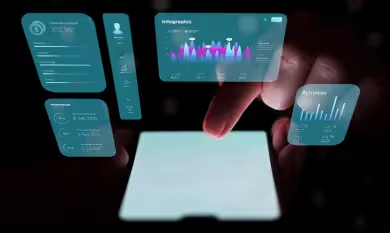

_Computer%20Vision-enabled%20Web%20and%20Mobile%20Interfaces%20for%20Mall%20Management%20in%20Dubai_Q1_In_24.avif)
_Smart%20Solutions%20for%20Healthcare_%20How%20IoT%20Development%20is%20Reshaping%20Dubai%20Hospitals_Q1_In_24.avif)
_Automated%20Checkout%20Systems.avif)
_Smart%20Manufacturing%20in%20Dubai_%20How%20AI%20is%20Driving%20Efficiency%20and%20Innovation_Q1_In_24.avif)
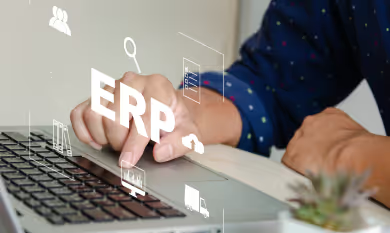
_Understanding%20the%20Impact%20of%20AI%20and%20Machine%20Learning%20on%20Fintech%20Web%20Apps%20in%20Dubai_Q2_24.avif)
_Explore%20the%20Best%20Cross-Platform%20App%20Development%20Frameworks%20of%202024_Q3_24.avif)


_Top%20Benefits%20of%20Cloud%20Computing%20for%20All%20Business%20Sectors_Q2_24.avif)
_Integrating%20IoT%20with%20Mobile%20Apps%20for%20Advanced%20Renewable%20Energy%20Solutions_Q2_24.avif)

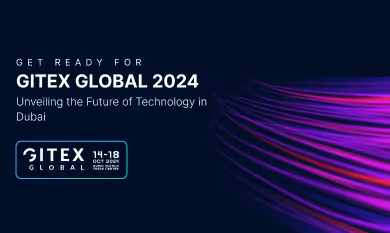
_The%20Transformative%20Role%20of%20Open%20Banking%20APIs%20in%20Fintech%20for%202024_Q3_24.avif)
_Choosing%20the%20Right%20Computer%20Vision%20Development%20Partner%20in%20Ahmedabad%20for%20Construction_Q3_24.avif)
_Node.js%20and%20Blockchain_%20A%20Perfect%20Pair%20for%20Fintech%20Innovation%20in%20Dubai_Q3_24.avif)
_How%20AI%20Development%20Companies%20in%20Ahmedabad%20are%20Transforming%20the%20Shopping%20Experience_Q4_25.avif)
_How%20IoT%20Can%20Reduce%20Energy%20Costs%20in%20Smart%20Factories_Q4_25.avif)
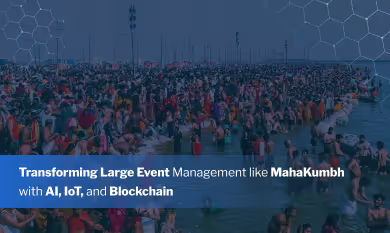



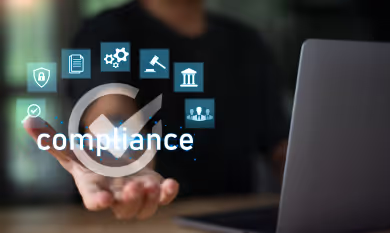




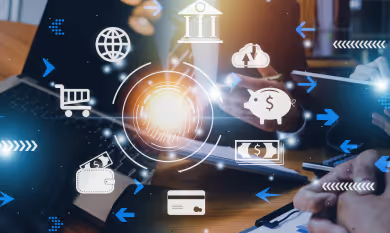



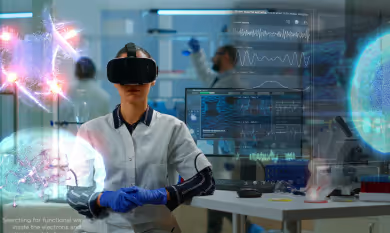


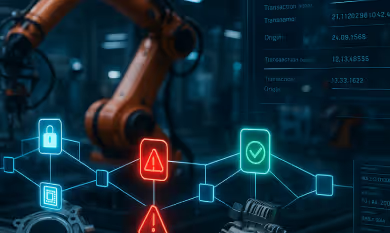

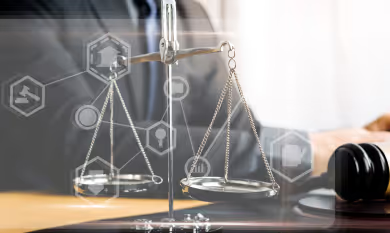



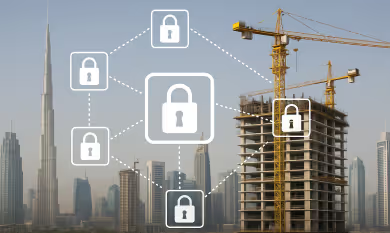
.avif)
.avif)
.avif)

